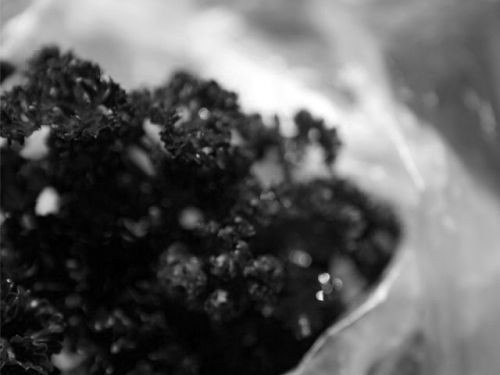New class of anti-angiogenesis drug uncovered from Brazilian tree

Massachusetts General Hospital (MGH) researchers have discovered the first of an entirely new class of antiangiogenesis drugs – agents that interfere with the development of blood vessels. In a report in Proceedings of the National Academy of Sciences/Early Edition, the investigators describe how a compound derived from a South American tree was able, through a novel mechanism, to interfere with blood vessel formation in animal models of normal development, wound healing and tumor growth.
"Most of the FDA-approved (Avastin-like) drugs inhibit the pathway controlled by vascular endothelial growth factor or VEGF, which directly stimulates blood vessel development," says Igor Garkavtsev, MD, PhD, of the Steele Laboratory for Tumor Biology at MGH, lead author of the study.
Drugs that target the VEGF pathway can "normalize" tumor vasculature and improve the effectiveness of other therapies, but in addition to their limited effect on patient survival, such agents also can generate resistance or have toxic effects.
Garkavtsev and his colleagues focused on novel pathways involved in adhesion of endothelial cells that line blood vessels to the outer vessel wall.
Using a novel two-step strategy, the team first screened 50,000 compounds to find those affecting cellular adhesion and then narrowed down their list. One of two compounds identified by this process was dehydro-alpha-lapachone (DAL), derived from a tree native to Argentina and Brazil.
Further investigation found that DAL produces these effects by decreasing the activity of Rac1, a protein known to be important to cellular adhesion and cytoskeletal organization, and by doing this could inhibit the growth of blood vessels in tumour pathways.
"This work is the first to discover the antivascular effects of DAL and its target Rac1, and our data strongly suggest that DAL promotes Rac1 degradation," says Rakesh Jain, PhD, director of the Steele Lab and senior author of the study.
"DAL has the potential to improve treatment of many types of cancer and of other diseases characterized by abnormal blood vessels." Jain is the Cook Professor of Radiation Oncology (Tumor Biology) and Garkavtsev is an assistant professor of Radiation Oncology at Harvard Medical School
Resource: Massachusetts General Hospital
Published by Medicaldaily.com



























